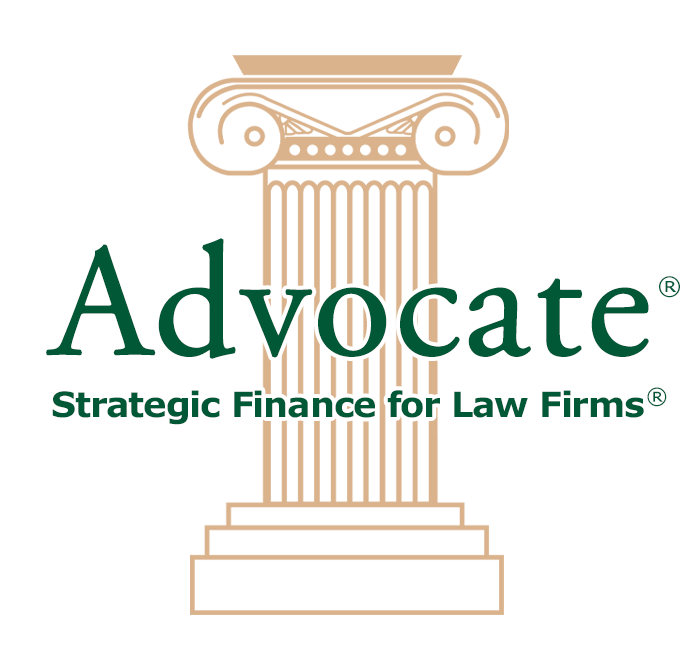
Authored By: Candace Whitman
More and more professional fields, including the legal industry, have begun to utilize artificial intelligence (AI) in their work. The American Bar Association (ABA) Standing Committee on Ethics and Professional Responsibility has issued its first formal opinion on the use of generative artificial intelligence (GAI) by lawyers.
Key Model Rules Highlighted by the ABA
The 15-page Formal Opinion 512, released on July 29, 2024, underscores the relevance of the ABA Model Rules of Professional Conduct in the context of AI. The opinion provides a comprehensive overview of the ethical considerations lawyers must keep in mind when utilizing GAI tools. Here is a summary of some of the primary model rules discussed:
Competence (Rule 1.1)
Under Rule 1.1, lawyers are obligated to provide competent representation to their clients. This requires lawyers “to exercise the ’legal knowledge, skill, thoroughness and preparation reasonably necessary for the representation,’ as well as to understand ‘the benefits and risks associated’ with the technologies used to deliver legal services to clients.” When incorporating GAI tools into their practice, lawyers must take the time to learn about the tool’s capabilities and ensure they are used appropriately and ethically within the scope of legal practice.
Confidentiality of Information (Rule 1.6)
Confidentiality is a cornerstone of legal ethics. Rule 1.6 mandates that lawyers must keep all information related to client representation confidential unless the client gives informed consent. The use of GAI tools introduces new challenges in maintaining confidentiality. Lawyers must be vigilant about how these tools handle data and ensure that any information processed by AI remains secure and confidential from people inside and outside of the firm who are not authorized to view the client’s data. The ABA states, “…all lawyers should read and understand the Terms of Use, privacy policy, and related contractual terms and policies of any GAI tool they use to learn who has access to the information that the lawyer inputs into the tool or consult with a colleague or external expert who has read and analyzed those terms and policies.” They also recommend that lawyers consult with IT or cyber security experts to ensure they fully understand before utilizing the tools in their practice.
Communications (Rule 1.4)
Rule 1.4 explains the different circumstances in which lawyers may need to disclose to their clients that they will utilize GAI in their cases. Read the opinion for examples of when it is and is not necessary to disclose to clients. Transparency about the role of AI in the legal process helps maintain trust and allows clients to make informed decisions.
Fees (Rule 1.5)
Rule 1.5 addresses the ethical considerations related to fees. When using GAI tools, lawyers may charge for the time spent inputting information into the program and reviewing the generated output for accuracy and completeness. However, it is unethical to charge clients for the time spent learning how to use the AI tool. This distinction ensures that clients are billed fairly and that the use of AI does not become an undue financial burden.
Conclusion
The ABA’s first formal opinion on the use of AI by lawyers marks a significant step in addressing the ethical implications of emerging technologies in the legal profession. By highlighting key model rules—competence, confidentiality, communication, and fees—the ABA provides a foundational framework for ethical AI usage. The ABA acknowledges that the landscape of AI in the legal profession is continuously evolving. As GAI tools develop and new ethical challenges emerge, the ABA committee, along with state and local bar association ethics committees, will likely provide updated guidance.
For more detailed information, refer to the full text of Formal Opinion 512 issued by the American Bar Association.

